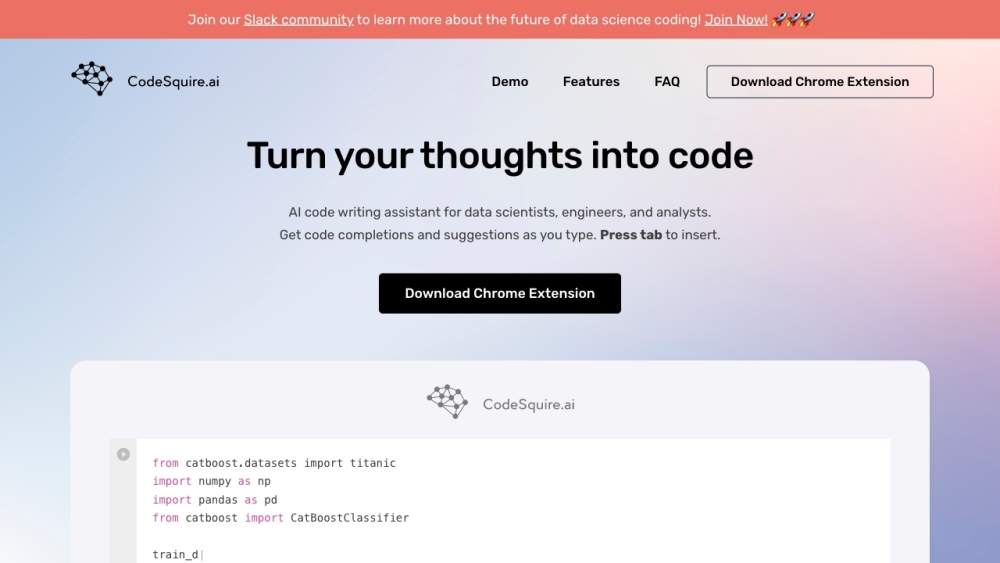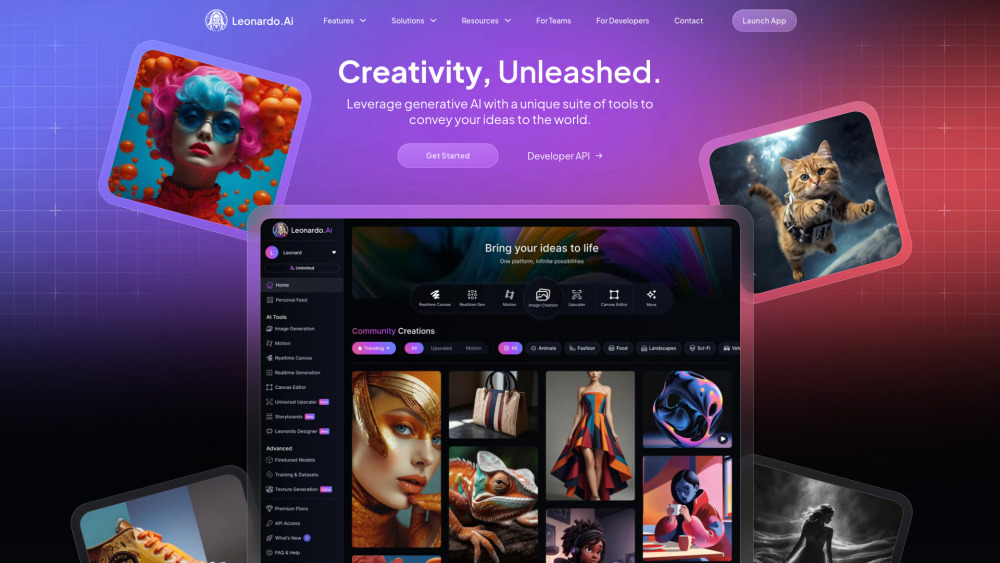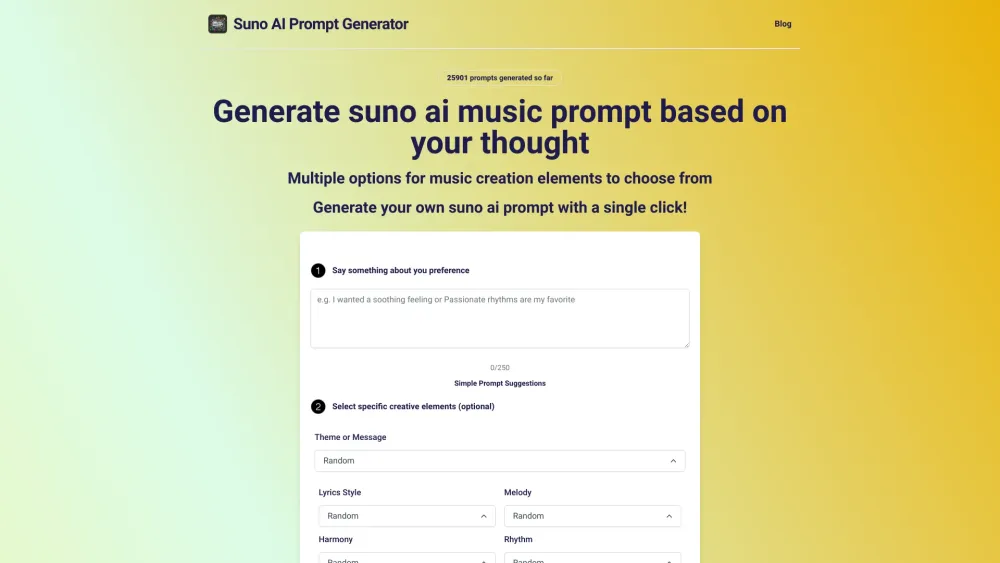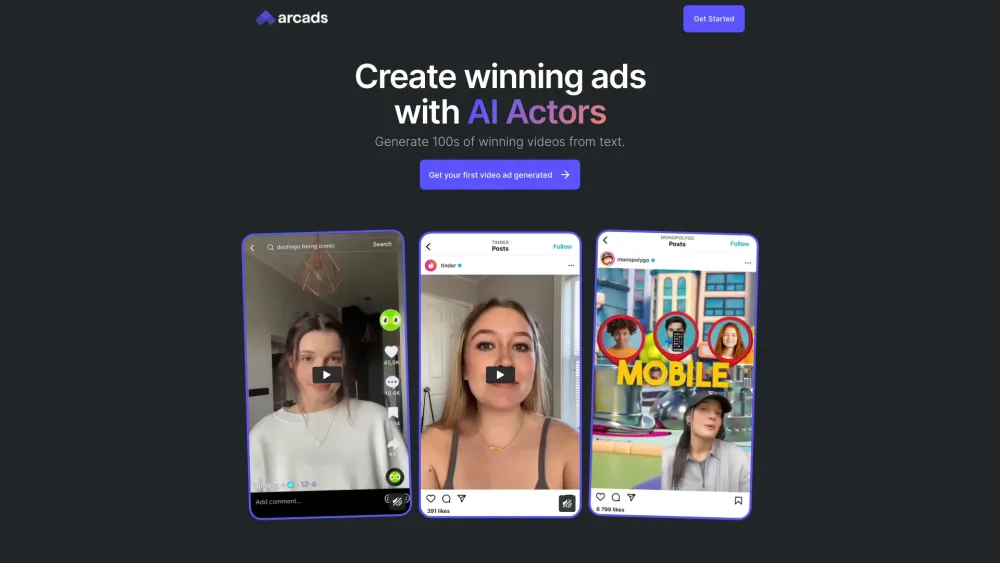During an interview at the Aspen Ideas Festival on Tuesday, Mustafa Suleyman, CEO of Microsoft AI, expressed his admiration for Sam Altman, CEO of OpenAI. CNBC’s Andrew Ross Sorkin inquired about Microsoft's future plans when it becomes less reliant on OpenAI, likening the situation to a bicycling race. Suleyman, however, dismissed this analogy.
“I don’t subscribe to the idea that there’s a finish line. This is another misleading perspective,” he stated. “We need to stop viewing everything as a fierce competition.”
He followed this by outlining Microsoft's partnership with OpenAI, which includes a reported investment of $10 billion, a mix of cash and cloud credits. This partnership grants Microsoft a significant stake in OpenAI’s for-profit operations, enabling the integration of its AI models into Microsoft products and the sale of its technology to cloud customers. Additionally, some reports suggest Microsoft may receive a share of OpenAI’s revenues.
“It’s true that we face strong competition from them,” Suleyman acknowledged regarding OpenAI. “They are an independent organization—we don’t own or control them, and we have no board seats. They operate entirely autonomously. However, we maintain a deep partnership. I have great respect for Sam and trust in their achievements, and that's how our collaboration will continue for years.”
This nuanced relationship is crucial for Suleyman to communicate, as Microsoft’s investors and corporate clients value the partnership. However, regulators have expressed interest; in April, the EU determined Microsoft’s investment does not constitute a full takeover, though this situation could change.
Suleyman expressed his trust in Altman concerning AI safety. Before OpenAI, Suleyman was a prominent figure in AI, having co-founded DeepMind and sold it to Google in 2014. Following allegations of workplace misconduct, he transitioned to different roles within Google before leaving in 2022 to join Greylock Partners. Shortly after, he and Greylock’s Reid Hoffman, a Microsoft board member, established Inflection AI to develop their own large language model (LLM) chatbot, among other initiatives.
Microsoft CEO Satya Nadella sought to hire Sam Altman last fall and, after Altman’s brief firing and reinstatement at OpenAI, the company recruited Suleyman along with much of Inflection’s team. Now, in his role at Microsoft, Suleyman has started evaluating OpenAI’s code, allowing him unique insights into the firm he once competed against.
An additional layer to this discussion is that OpenAI was founded to focus on AI safety to mitigate the potential dangers of AI. In 2023, while still an OpenAI competitor, Suleyman published “The Coming Wave: Technology, Power and the 21st Century’s Greatest Dilemma,” co-authored with researcher Michael Bhaskar, discussing the risks of AI and preventive measures.
Recently, a group of former OpenAI employees expressed concerns about AI companies neglecting safety. When asked about this letter, Suleyman reaffirmed his esteem for Altman but advocated for both regulation and a more measured approach to AI development.
“Perhaps because I’m British and have European sensibilities, I’m not as apprehensive about regulation as many seem to be,” he noted, characterizing the criticisms from former employees as part of a necessary “healthy dialogue.” He added, “It’s beneficial for technologists and entrepreneurs like myself and Sam, whom I hold in high regard, to engage in discussions about regulation. He approaches this sincerely and genuinely.”
Suleyman emphasized, “Friction will benefit us. These technologies are evolving rapidly and are becoming increasingly integrated into our lives; now is the time to take a moment to reflect.” He suggested that if discussions slow AI development by six to 18 months, it would be time well spent.
Their rapport appears quite amicable.
Suleyman also addressed other pressing topics, including the AI competition with China. He cautioned against viewing the situation solely in terms of adversarial dynamics. “If we default to thinking it can only lead to a new Cold War, that belief will manifest into reality. Such a mindset creates a cycle of fear and hostility,” he explained. “We need to explore avenues for cooperation while acknowledging our differing values.”
At the same time, he pointed out that China is “developing its technology ecosystem and distributing it globally,” stressing the need for vigilance.
When discussing children using AI for their education, Suleyman, who does not have kids, took a more relaxed stance. “We must be cautious about fearing every potential downside of new tools. Just as when calculators emerged, there was initial concern that they would diminish our mental arithmetic skills,” he remarked.
He envisions a future where AI serves as a supportive presence in classrooms, enhancing educational interactions. “Imagine a great teacher engaging in a meaningful conversation with an AI that is present and responsive to the classroom environment.”
Ultimately, as we consider the responsibility of those crafting and profiting from AI, we might be imposing unrealistic expectations on their ability to safeguard humanity from its potential perils.




